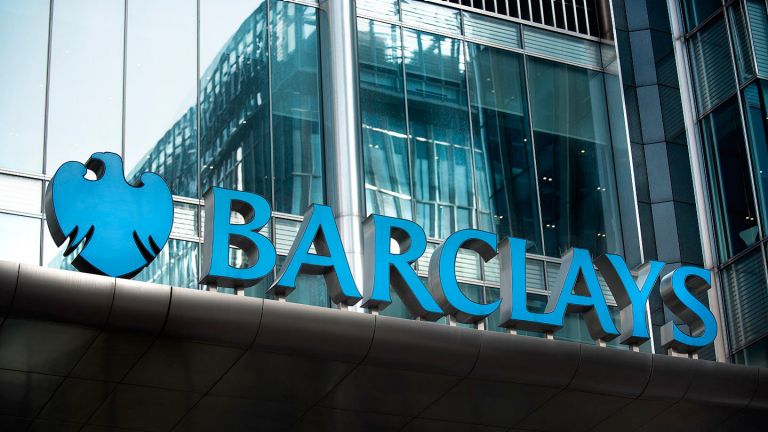
The British bank has reported a 42% fall in first-quarter net profit year-on-year and decided to take a £2.1bn credit impairment write-off in as covid-19 takes a mounting toll.
Barclay’s net profit attributable to shareholders was £605m for the first three months of the year, down from £1.04bn for the same period last year.

Access deeper industry intelligence
Experience unmatched clarity with a single platform that combines unique data, AI, and human expertise.
The lender has set aside £2.1bn to cover defaults across the economy and joined its peers in warning of tough times ahead.
Highlights of Q1 results
The group’s income rose by 20% year-on-year to £6.3bn, driven by a strong performance in Barclays Corporate and Investment Bank on the back of higher trading volumes.
Group pre-tax profit was £913m, down 38% from $1.48bn in the first quarter of 2019.
While operating expenses held at £3.3bn, roughly the same as the first quarter of 2019, return on tangible equity slid to 5.1%, versus 9.2% for the same period last year.

US Tariffs are shifting - will you react or anticipate?
Don’t let policy changes catch you off guard. Stay proactive with real-time data and expert analysis.
By GlobalDataThe closely-watched common equity tier one (CET1) capital ratio rose slightly to 13.1%, up from 13% in the first quarter of 2019.
Barclays Plc’s securities division reported a 77% jump in first-quarter trading revenue to £2.4bn as the coronavirus whipsawed markets, beating the average 30% gain at U.S. peers.
Concerns over banks’ lending capacity
Acting proactively, the Bank of England has urged Barclays and other UK lenders to be lenient on borrowers and show restraint in booking charges for bad debts in a bid to shore up their balance sheets.
Across the Atlantic, the top six largest US banks have allocated over $25bn in total for the first quarter in preparation of major losses as a consequence of the economic fallout from the viral pandemic.
As a result, the Band of England is concerned that UK banks will take similar action which would significantly hinder their ability to lend to businesses in desperate need of cash.
First, Brexit; now, coronavirus
Before the coronavirus crisis, earnings of Barclays and other British banks had suffered from protracted economic uncertainties due to the Brexit saga.
Throughout Brexit, Barclays continued to express optimism, because “Barclays is a British universal bank, with a well-balanced mix of consumer and wholesale businesses, across geographies and currencies: this helps us deliver year-on-year improvements in profitability during a period of macroeconomic uncertainty,” said CEO Jes Staley.
The global pandemic, however, will spare no part of Barclays’ business. In the statement released Wednesday, the bank said its credit impairment charge “reflects our initial estimates of the impact of the COVID-19 pandemic”.
Chief executive Jes Staley said:
“Barclays is committed to supporting its customers, clients and the UK economy through the crisis. Despite the macroeconomic downturn caused by the COVID-19 pandemic, the Group’s position remains robust, reflecting our diversified business model.”
Under pressure from the Bank of England, the company, along with its British peers, has cancelled plans for dividend payments and share buybacks.







